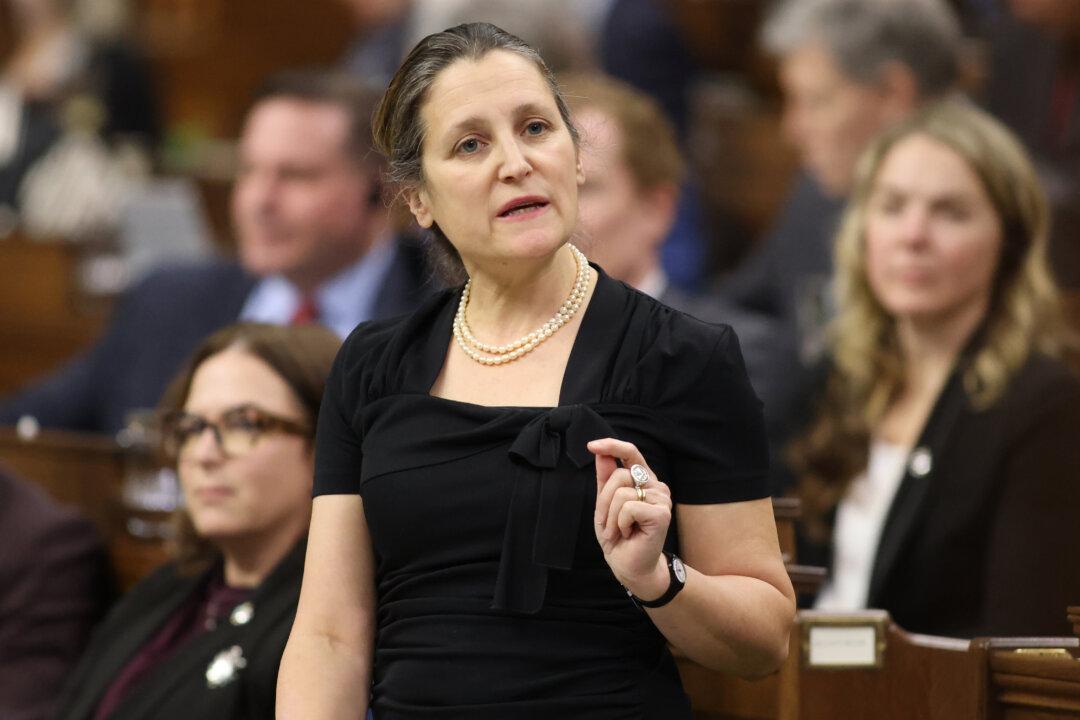News Analysis
Inflation will make the upcoming federal budget a tough balancing act of offering Canadians relief for cost-of-living increases without increasing deficits or triggering an election.

Inflation will make the upcoming federal budget a tough balancing act of offering Canadians relief for cost-of-living increases without increasing deficits or triggering an election.